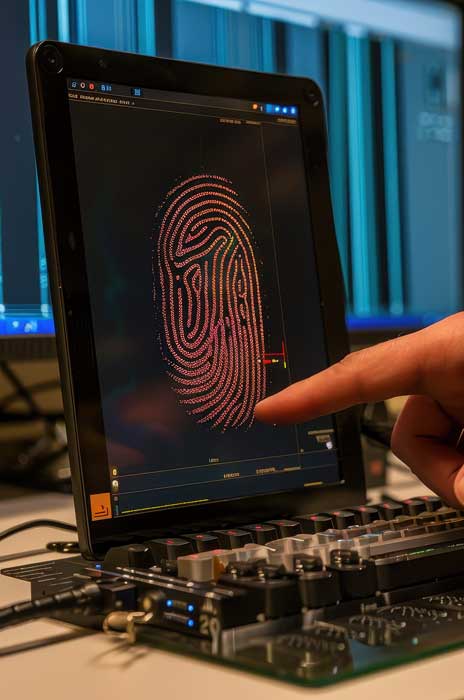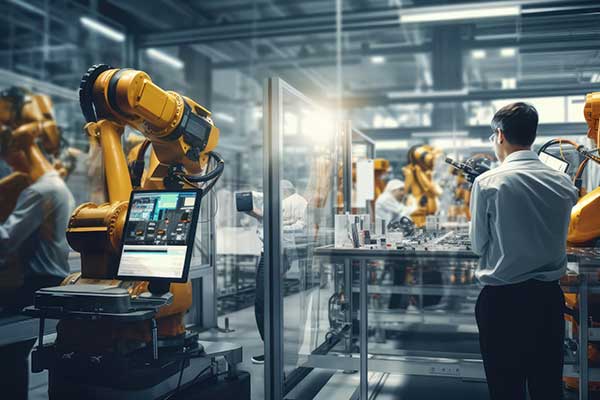Our Biometric Technology
The expansion of the manufacturing and engineering industries is going through technological advancement and innovation, and biometric technology is prominent in this advancement. In less time than it takes to say, 'biometrics', it can be used to describe the achievements of secure and efficient workforce authentication, access control and operational process improvement aided by the use of biometric technologies such as fingerprints, facial recognition and iris scans. This is one of the newest advancements that is increasing effectiveness, reducing risk, and conforming to the laws.
Secured access to archives Implementing secure access to data has become an important strategy for any organization due to the risks that are associated with unauthorized access to information.
When it comes to the safety of its operations, the biometric technology provides industries with the best chance. The use of traditional methods such as using a card with a pin number, ID number, password, or badge can be easily lost, copied, forged, or even stolen. Biometrics however, depend on certain physiological features and hence cannot be forged thereby making it impossible for unauthorized access to be made. Some of the ways that manufacturing plants and engineering facilities may use biometric systems include: Access control – where restricted areas of the manufacturing plant are afforded the highest level of security to ensure that only personnel with the rights to enter that area can gain access. This not only the best against security threats but it also offers protection for important assets and ideas.


